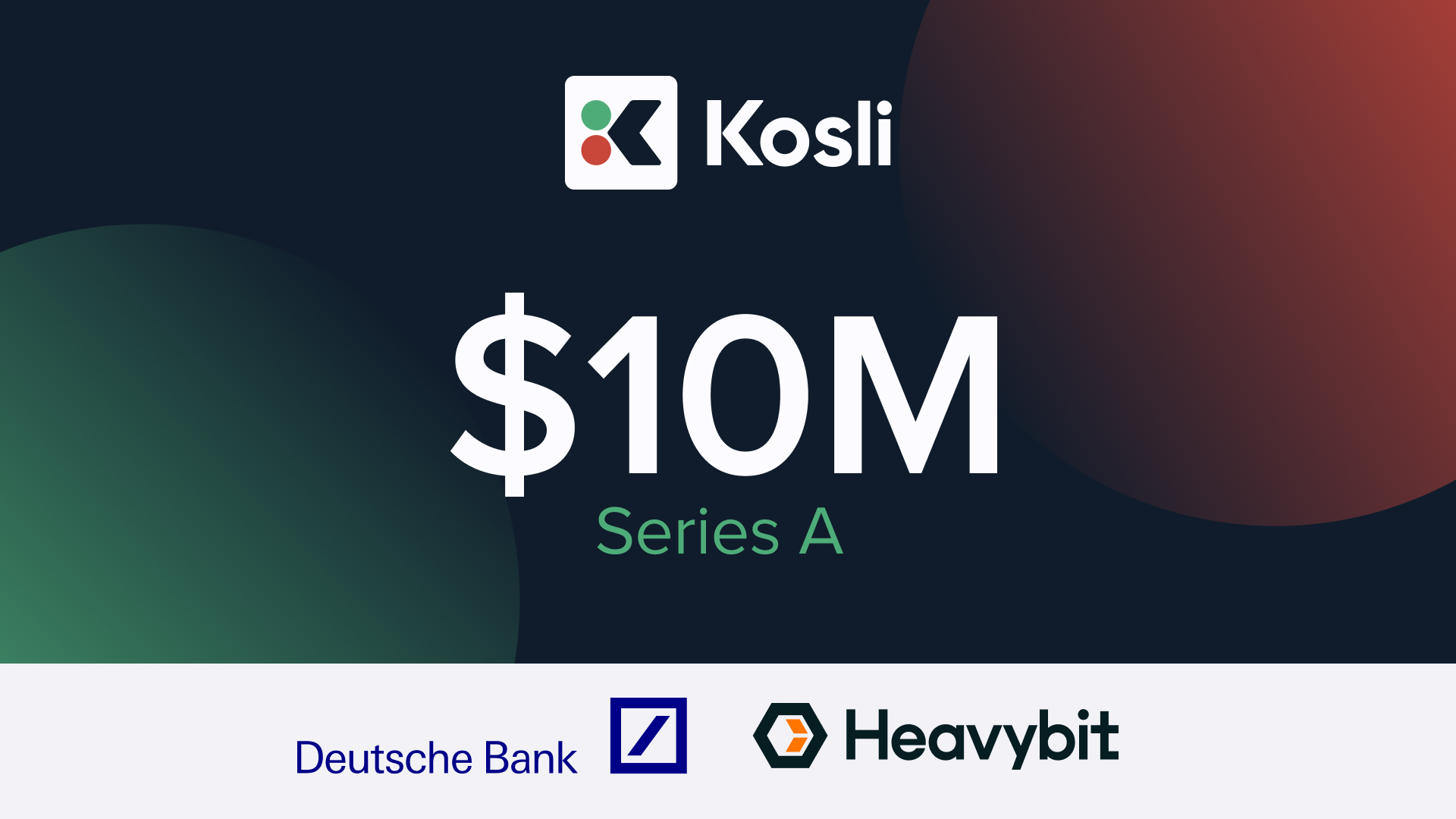Key Takeaways:
I. Macroeconomic factors, including historically low interest rates and evolving regulatory frameworks like SFDR, have fueled the growth of private markets in Europe, presenting both opportunities and challenges for investors.
II. ESG considerations are becoming increasingly integral to private market investing, demanding robust integration strategies, standardized data, and a commitment to transparency to mitigate greenwashing risks.
III. BlackRock's expansion, while leveraging its scale and expertise, faces challenges related to competition, market volatility, and the need for rigorous due diligence to ensure responsible and sustainable investment practices.
BlackRock's strategic expansion into European private markets marks a significant development in the global investment landscape. Driven by the potential for higher returns in private equity and infrastructure compared to traditional public markets, this move leverages BlackRock's global scale and expertise to cater to the growing demand for alternative investments among wealthy European investors. This shift is not merely a tactical allocation but a strategic response to evolving macroeconomic conditions, regulatory changes, and the increasing importance of ESG considerations. This analysis will explore the multifaceted dimensions of BlackRock's European private market strategy, examining its potential impact on investors, the financial ecosystem, and the future of sustainable finance.
Shaping the Landscape: Macroeconomic Forces and Investor Behavior
The surge in private market activity in Europe is intricately linked to a prolonged period of low interest rates, particularly before the recent inflationary surge. This environment significantly reduced borrowing costs, making leveraged buyouts and other private equity transactions more attractive. Data reveals a strong correlation between low interest rates and increased private equity deal flow, as cheaper financing facilitates leveraged buyouts and enhances deal-making capabilities. However, the current rising interest rate environment presents a different challenge, potentially dampening investment appetites as financing costs increase and requiring a more cautious approach to valuations and deal structuring.
Regulatory changes, particularly the EU's Sustainable Finance Disclosure Regulation (SFDR) and the ambitious Green Deal initiative, are playing a dual role in shaping the private market landscape. While SFDR aims to promote transparency and channel capital towards sustainable investments, it also presents significant challenges in data collection and standardization. Surveys indicate that 65% of private equity firms highlight the lack of available ESG data as a major obstacle to effective implementation. Conversely, these regulations, coupled with growing investor demand for sustainable and responsible investments, are pushing private equity firms to integrate ESG factors more deeply into their investment strategies, creating opportunities for firms with robust ESG capabilities.
| Year | Global PE Fundraising | Buyout Fundraising | Avg. Deal Size (USD Millions) | Dry Powder (USD Trillions) | Exit Value (USD Billions) |
|---|---|---|---|---|---|
| 2023 | 438 | N/A | 758 | 2.5 | 650 |
| Mid-2024 | 422 | 199 | 916 | 2.7 | N/A |
| 2024 (Projected) | 1100 | 531 | N/A | N/A | N/A |
| 2022 | 1200 | 600 | 600 | 2.3 | 700 |
| 2021 | 1300 | 650 | 550 | 2.0 | 800 |
Note: N/A indicates data not available. Projected figures are estimates and subject to change. Dry powder represents the amount of capital committed to private equity funds but not yet invested. Exit value represents the total value of realized investments through IPOs, mergers, and acquisitions.
Investor sentiment in European private markets is a complex mix of optimism and caution. While the potential for higher returns and portfolio diversification continues to attract investors, macroeconomic uncertainty, geopolitical tensions (exacerbated by the war in Ukraine), and inflationary pressures have introduced a degree of hesitancy. Some investors view private markets as a hedge against these uncertainties, seeking refuge from public market volatility and the potential erosion of returns due to inflation. This cautious optimism is reflected in the investment flows, with a discernible shift towards sectors perceived as more resilient and aligned with long-term sustainable growth themes, such as renewable energy and infrastructure.
BlackRock's entry into the European private market intensifies an already competitive landscape. As the world's largest asset manager, BlackRock's scale and resources provide a significant competitive edge, potentially attracting capital away from smaller players. This dynamic could lead to further consolidation within the industry, with mega-funds like BlackRock gaining a disproportionate share of the market. Data from Pitchbook and Preqin reveals a growing trend towards larger fund sizes and a concentration of capital among the top-tier firms, suggesting that BlackRock's expansion could exacerbate this trend and create challenges for smaller firms seeking to compete effectively.
Integrating ESG: Challenges and Opportunities for Private Equity
ESG considerations are no longer a peripheral concern but a central pillar of investment decision-making in private markets. Driven by regulatory requirements like the SFDR and increasing investor demand, sustainability is now a core element of due diligence and portfolio management. Data from various investor surveys reveals a dramatic shift in priorities, with a significant majority of institutional investors now incorporating ESG factors into their investment decisions. This trend is particularly pronounced in Europe, where robust regulatory frameworks and strong societal values regarding environmental and social responsibility are driving demand for sustainable investment products.
Despite the growing importance of ESG, private equity firms face significant challenges in effectively integrating these principles into their investment processes. The lack of standardized ESG data and metrics makes it difficult to compare investments across different sectors and geographies, creating inconsistencies and hindering effective benchmarking. Moreover, the high cost of acquiring and integrating ESG data, coupled with a shortage of skilled professionals with expertise in ESG analysis, poses a significant barrier to widespread adoption. Surveys indicate that a substantial portion of private equity firms identify these data and resource constraints as major obstacles to implementing robust ESG strategies.
The lack of standardization and transparency in ESG reporting creates a risk of greenwashing, where firms may exaggerate or misrepresent their sustainability performance to attract investors. This practice not only undermines the credibility of ESG investing but also exposes firms to reputational damage and potential regulatory scrutiny. As investors become more sophisticated in their ESG analysis, the ability to demonstrate genuine commitment to sustainability through verifiable data and transparent reporting will become increasingly critical for attracting capital and maintaining investor confidence. The development and enforcement of clear anti-greenwashing regulations will be essential for ensuring the integrity of the ESG movement and preventing misleading marketing practices.

Beyond compliance and risk mitigation, ESG integration also presents significant opportunities for private equity firms to enhance value creation. By actively engaging with portfolio companies on ESG issues, firms can drive operational improvements, reduce environmental impact, enhance social equity, and strengthen corporate governance. These initiatives not only contribute to positive societal outcomes but also improve long-term financial performance by mitigating ESG-related risks, attracting ESG-conscious investors, and enhancing the overall value and resilience of portfolio companies. Numerous case studies demonstrate the positive correlation between strong ESG performance and financial returns, highlighting the potential for ESG to be a driver of value creation rather than a mere cost of compliance.
The Private Market Premium: Fact or Fiction?
The decision to invest in private versus public markets requires a careful assessment of comparative advantages and risks. Private markets, particularly private equity and infrastructure, offer the potential for higher returns and greater control over investments, appealing to investors with longer time horizons and a higher tolerance for illiquidity. However, these potential advantages come with trade-offs. Private market investments are inherently less liquid than public market securities, making it more difficult to exit positions quickly. Furthermore, the lack of continuous public trading can lead to greater uncertainty in valuations. Public markets, on the other hand, offer greater liquidity and transparency, but are typically more volatile and subject to short-term market fluctuations.
BlackRock's strategy in European private markets is based on the premise that its global scale, deep industry expertise, and sophisticated analytical capabilities can help navigate the complexities and mitigate the risks of private market investing. BlackRock's vast network of relationships provides access to a wider range of deal flow, while its analytical resources enable more thorough due diligence and risk assessment. Furthermore, BlackRock's active approach to portfolio management, including operational improvements and ESG integration, can enhance the value and resilience of its private market investments. However, even with these advantages, BlackRock faces competition from other established private market players and must contend with the inherent challenges of illiquidity, valuation uncertainty, and the evolving regulatory landscape in Europe.
The Future of Private Markets: A Sustainable Path Forward
BlackRock's expansion into European private markets represents a significant inflection point in the evolution of the investment landscape. The success of this strategic move, and indeed the long-term health of the private market ecosystem, will depend on a collective commitment to responsible investing, transparency, and robust ESG integration. BlackRock, given its size and influence, has a unique opportunity and responsibility to lead by example in these areas. By prioritizing sustainable investment practices, fostering greater transparency in ESG reporting, and actively engaging with portfolio companies to drive positive change, BlackRock can help shape a future where private markets not only deliver attractive returns but also contribute to a more sustainable and equitable world. The future of private market investing hinges on a balanced approach that considers not only financial performance but also the broader societal impact of investment decisions.
----------
Further Reads
I. https://www.imf.org/en/Blogs/Articles/2024/09/11/how-to-awaken-europes-private-sector-and-boost-economic-growthHow to Awaken Europe's Private Sector and Boost Economic Growth
II. https://www.statista.com/outlook/fmo/private-equity/eastern-europePrivate Equity - Eastern Europe | Statista Market Forecast
III. https://www.investeurope.eu/research/activity-data/Annual activity statistics | Invest Europe









